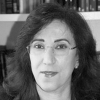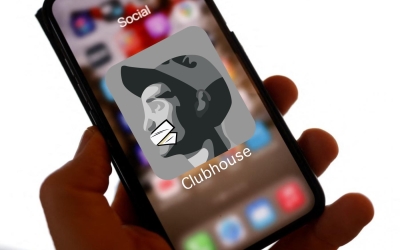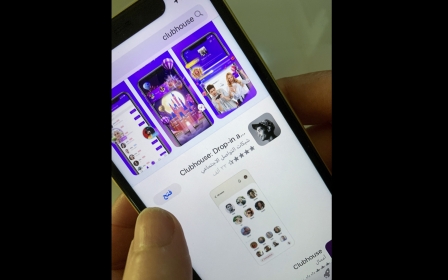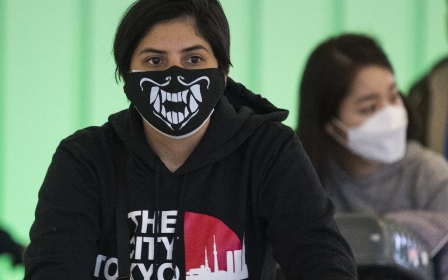Clubhouse in the Gulf: Free online debate threatens regime of silence
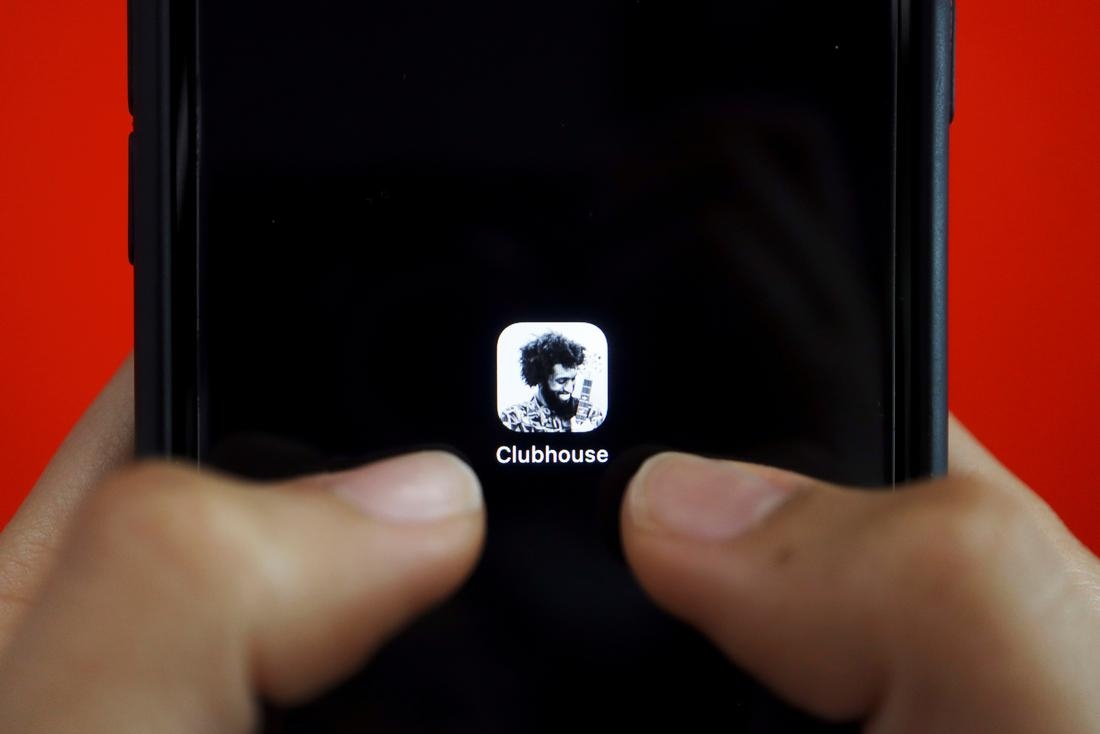
With freedom of expression sabotaged by authoritarian Gulf regimes, citizenship is emptied of its real meaning - namely, deliberation in the public sphere. In all Gulf countries, there is an official celebration of citizenship, but it is based on a regime of obedience that confers on people passports, certain limited privileges and welfare, in return for acquiescence.
This obedience is grounded in political discipline of the soul and body. When the soul of a citizen is corrupted by ideas deemed subversive - such as democracy, human rights or freedom - he or she is doomed to experience violations of the body too. Torture in prisons is just one example, while the dismemberment of murdered journalist Jamal Khashoggi represents how far the Saudi regime is prepared to go to punish critics.
Consequently, the restricted and distorted meaning of Gulf citizenship makes it the prerogative of those who obey, congratulate and celebrate the achievements of the leadership and all its policies.
Throughout the Gulf, rulers, kings, emirs, sheikhs and sultans are deemed red lines, above ordinary citizens and beyond criticism
Historically, Gulf nationals have enjoyed varying degrees of freedom of expression, with Kuwaitis making the most of their traditional spaces, such as the famous diwaniyyas, where men could meet, campaign and express their right to be real citizens, engaged in the affairs of the nation and its bumpy democratic experiment.
Omanis, too, traditionally enjoyed the sibla, a public space in each town or village where elders would meet to discuss items of importance - but here, too, the space has shrunk and almost disappeared.
New MEE newsletter: Jerusalem Dispatch
Sign up to get the latest insights and analysis on Israel-Palestine, alongside Turkey Unpacked and other MEE newsletters
In Saudi Arabia, the traditional istiraha of the youth, along with literary salons of intellectuals and public figures, have been turned into spaces for pervasive surveillance and infiltration by regime agents. Thus, they cannot truly serve as conduits for deliberation and citizenship.
While the Khashoggi example is an extreme form of the elimination of disobedience, more fortunate dissidents face expulsion or suspension from their jobs, and in extreme cases they are stripped of their nationality, thus becoming stateless non-citizens in their own countries. Many seek asylum abroad or remain silent at home, fearing arrest and interrogation, followed by lengthy show trials and harsh sentences.
Throughout the Gulf, rulers, kings, emirs, sheikhs and sultans are deemed red lines, above ordinary citizens and beyond criticism. Critical opinions are sometimes tolerated on health, labour or social affairs and the ministries that govern these, but the ruler, along with his defence and foreign ministers, remain off-limits. More recently, since the Gulf Cooperation Council countries signed a joint security agreement, criticism of neighbouring regimes is also taboo.
The role of social media
Saudis and Emiratis in particular experience extreme repression, with severe restrictions on freedom of speech. Any criticism of government policies is likely to lead to a long prison sentence. Qatar, Bahrain and Oman also restrict public debate deemed critical of state policies.
Amid this backdrop, Gulf nationals were among the first to make the most of new social media platforms, in order to voice opinions often considered subversive. The increasing intolerance that followed the 2011 Arab uprisings led to further restrictions on freedom of speech and successive waves of detentions.
With authorised debate spaces shut down, Gulf nationals have continued to search for ways to insert their opinions and aspirations into the national narrative. Despite outright repression and more than a year of Covid-19 restrictions on gatherings, as their limited spaces continue to shrink, the impulse of Gulf citizens to participate in their state’s politics has never abated.
Gulf nationals are constantly searching for real citizenship, now in a virtual way. Initially, they flooded Twitter with piercing commentary - but as this space, initially considered the real peoples’ parliament, has been appropriated by wealthy regimes that turned it into a propaganda platform and detention trap, Gulf nationals turned to the new Clubhouse app.
On Clubhouse, they participate in heated discussions and deliberations, struggling to keep their limited freedoms from being curtailed further.
Silencing political voices
Clubhouse rooms are run by a moderator who invites guests to discuss a specific topic, but the discussion remains open to all interested citizens, whose voices add diversity and depth. Moderators and guests, including Gulf diaspora citizens, use their real names, while those living in the Gulf remain anonymous, fearing arrest for expressing critical opinions.
Political debate in Clubhouse rooms tends to be male-dominated and centres on several common themes: political participation, democracy and real citizenship. Corruption and injustice are also hot topics.
Gulf nationals discuss old taboos, such as tribal ethos, the promotion or subversion of democratic impulses, relations between religion and the state, ruling elites and their cronies, and normalisation with Israel, among other topics. Forums can be heated, occasionally degenerating into personal attacks that only the moderator can control.
In rooms run by women, feminism and gender equality are central topics, with some discussions on homosexuality, transgenderism, race and class. Debates can get heated and polarised. While consensus is rarely reached, there is a sense that everything is possible, and Clubhouse offers a window of opportunity to engage in deliberations.
But Oman has already banned Clubhouse, and it may not be long before other regimes follow suit. There is always the pretext of protecting the nation’s morality, a notion often used to silence political voices.
In the meantime, Gulf citizens are determined to enjoy this exercise in virtual citizenship. Debates will no doubt evolve into real pressure on regimes to allow for true citizenship, free from the threat of arbitrary detention for expressing political views.
Clubhouse rooms currently function like university seminar rooms, but once they become tools for mobilisation in pursuit of real citizenship, they may be abruptly banned.
The views expressed in this article belong to the author and do not necessarily reflect the editorial policy of Middle East Eye.
Middle East Eye delivers independent and unrivalled coverage and analysis of the Middle East, North Africa and beyond. To learn more about republishing this content and the associated fees, please fill out this form. More about MEE can be found here.


